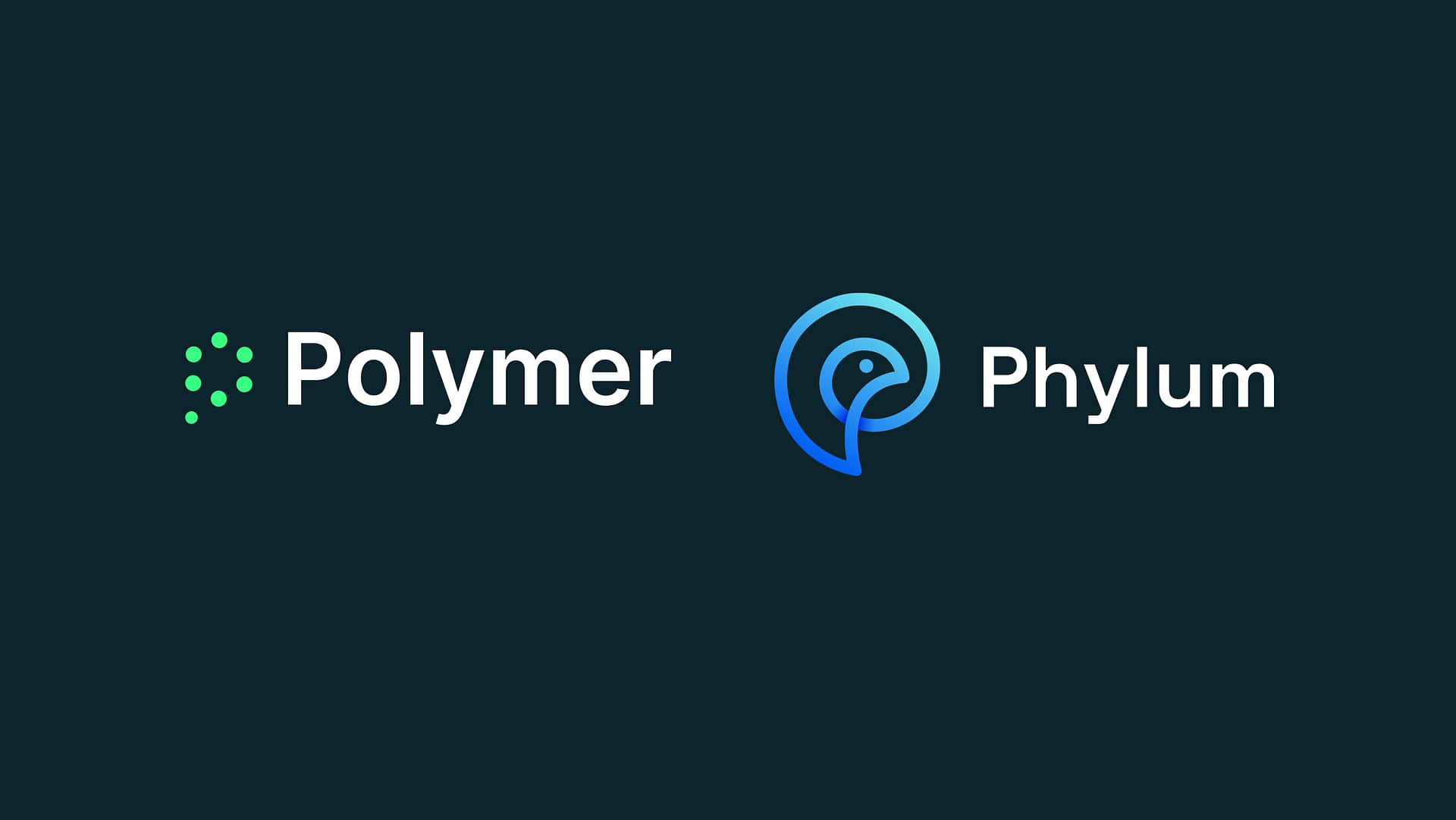Courtroom dramas may be fun to watch on TV, but no enterprise legal team actually wants to end up on the stand. And yet, with the rise of cyber-attacks, whistleblower complaints and class-action lawsuits, commercial disputes over data loss and theft are increasingly commonplace.
Your day in court could be round the corner, so it’s vital to maintain a state of total readiness. After all, poor record keeping and insufficient evidence won’t be looked on kindly – and could only exacerbate the length of legal proceedings and darken the outcome for your business.
To stay on the right side of the law, you’ll need a strategy for cyber forensics.
What is cyber forensics?
Cyber forensics is the practice of collecting and analyzing data within your IT infrastructure in order to gather crucial evidence for legal disputes. It’s also a vital part of the incident response process, used by IT administrators to investigate how a breach occurred and what needs to be done to stop it from happening again.
The aim of cyber forensics is to uncover vital details about a cyber-attack or incident: when it started, how it happened and who was behind it. The result is a formalized, detailed document that can be used for auditing and legal purposes.
When done well, these investigations help organizations to uncover granular details about a potential attack or misdemeanor including:
- The root cause of the attack, which helps security teams to remediate vulnerabilities and prevent a similar incident from happening again
- The data that was exfiltrated or compromised. If the data is considered sensitive PII or PHI, the organization will have to contact compliance regulators and notify impacted individuals
- The duration of the attack, a detail that the security team can use to determine whether its intruder detection systems and associated solutions are working properly
Do I need to invest in cyber forensics?
The pace of technological development in organizations across the globe means being prepared for a cyber forensics investigation is more important than ever. Businesses of all sizes now have employees, devices and applications hosted across dispersed environments, increasing the chances of data loss, unauthorized access to systems and, eventually, theft.
With so much at stake, having the right tools in place to support cyber forensics is vital.
Here’s why:
- Effective data collection is a crucial aspect of a solid incident response capability, integral to successfully containing and remediating incidents.
- Under regulations like HIPAA and the GDPR, organizations must adhere to strict rules around security and privacy controls. A detailed forensic report can work in your favor here, helping you demonstrate to regulators that your systems are up to scratch.
- Forensic analysis is a great learning aid and the cornerstone of continuous improvement. When something goes wrong in your IT environment, forensics helps you uncover why, so you can patch vulnerabilities and upgrade your systems where necessary.
- By improving visibility within your IT infrastructure, you can stop data breaches before they happen, discovering potential attackers before they’re able to do any damage.
How to enhance your organization’s cyber forensics capabilities
Cyber forensics can be extremely expensive. It’s a specialist discipline, requiring dedicated expertise and specialist tools. Most organizations can’t afford to hire their own internal forensics teams. But the good news is you don’t have to.
As we’ve noted, the aim is to be prepared for digital forensics, not roll out your own forensic arm. Plus, we need to remember that forensics is a retrospective undertaking. It doesn’t stop data breaches or help you meet compliance obligations.
In reality, you want a tool that can do two things in tandem: prevent data breaches, while helping you collect all the necessary data that would be needed for a forensics investigation, should the worst-case scenario become reality.
The answer? Cloud-based data loss prevention (DLP).
This might surprise you. A lot of legal teams think of eDiscovery as the holy grail of cyber analysis. But, today, advancements in AI and the cloud mean eDiscovery is less its own discipline and more part of a holistic process.
Support cyber forensics with DLP
Best-in-class DLP solutions have ingested the eDiscovery exercise, creating better visibility and less work for IT and legal teams. https://www.polymerhq.io/blog/saas-dlp/whydlpsucks/
Our own tool, Polymer DLP, uses natural language processing (NLP) and automation to autonomously discover all sensitive data in your cloud apps, in both structured and unstructured formats.
Using user behavior analytics and zero-trust principles, it carefully monitors how users interact with your sensitive information in apps like Slack, Teams and Google Workspace. Based on predefined security and compliance policies, it then permits, blocks or redacts sensitive information in real-time, while creating granular reports that can be used for both auditing requirements and cyber forensics investigations.
Polymer DLP is designed to bridge the gap between compliance, risk and security needs in one platform. With our tool, security teams can better protect sensitive data, while legal teams can easily find legal information for compliance and forensics requirements.
Secure your sensitive information today. Try a free Polymer risk scan to assess your data privacy risks in the cloud.


